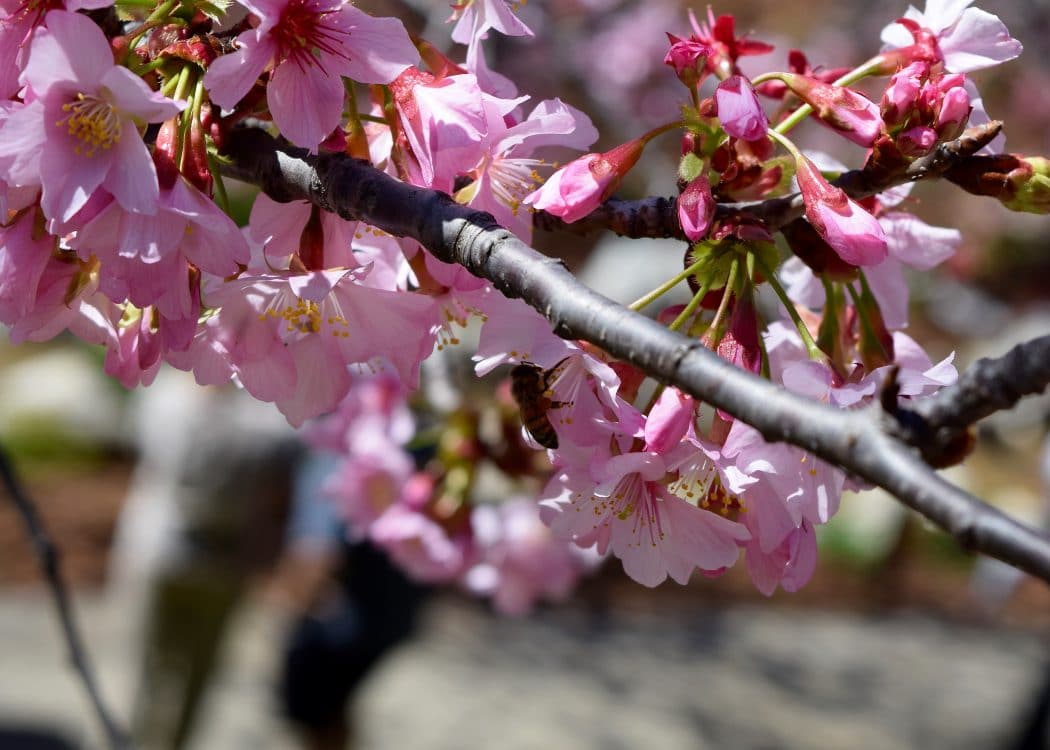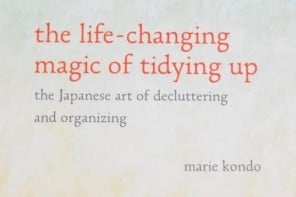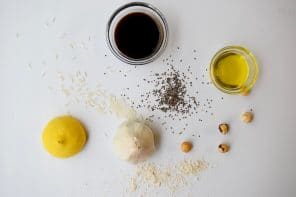One of the wonderful things about this planet are the flora and fauna that thrive on its surface. But each plant or animal relies on a natural balance of its surroundings in order to survive and reproduce. What helps this delicate process of the cycle of life to continue? One of these key helpers is bees! These small insects are responsible for pollinating 90 different plants EXCLUSIVELY, while lending a helping hand to the pollination of many others. And it’s not just the flowers that bees are helping to reproduce, it is a long list of fruits, vegetables, and nuts as well. The same plants that feed us, feed other omnivores and herbivores, which of course ends up feeding the carnivores. So, in the grand scheme of things, bees are a key factor in helping earth’s living things to survive. They even help the world go ’round economically: bees are responsible for adding $10 billion to the U.S. economy alone per year by pollinating many of the stuff on our grocery store shelves.
Unfortunately, these precious creatures are facing tremendous danger. All over the world, bees are both abandoning their hives and dying from what is generally called, “Colony Collapse Disorder”. When bees do not return to their hive, the remaining queen, nurse bees, and larvae are unable to thrive. Although it is normal for hives to be lost, the current rate is well above twice the normal one. Many farmers have even had to resort to renting bees in order for pollination to occur. Some areas of the world have reported up to 50{33a567f4c07c8c413e7e9e9d9be2242a7b8a132d09d89d1c03680e3e8f95cc61} of their bees dying.
There are many guesses to why this is happening, but no one seems to know for sure what is causing our bees to suddenly die. And it probably varies depending on the region as well as the local resilience of the bees. Many believe that it is the widespread use of dangerous and toxic pesticides and herbicides in use. Others believe that is may be a disease we are unaware of. Some have even suggested that cell phone usage is the culprit because of wireless interference with the bees sensitive navigation. Pesticides and the growth of genetically modified foods seem to hold the most logical explanation for this disorder. There is very strong evidence that the commonly used pesticides, neonicotinoids, are a factor because they effect the bees homing abilities, their memory, as well as possibly weaken their immune system against fungi. These particular pesticides are extremely common, being the first choice for corn in the U.S. Luckily, a few specific neonicotinoid pesticides have been banned by the European Union, but the United States continues to stall on it’s own limitations to its usage. The most recent consensus among experts was that the combination of stronger fungal infections, increased pesticide usage, and poor flora choices were responsible for the massive decline in bee populations.
Bees and other insects are prime indicators of the health of their environment because of their own delicacy and their sensitivity. And in correspondence with the recent bee deaths, other insects are suddenly dying off as well. There are already specific species of bumblebees that are extinct. And so, if these insects are indicators of the health of their environment, what are they saying about our environment today?
What ever the explanation for this disorder, there are things that we can do to help bees to survive.
1. Plant a bee friendly garden. Flowers such as daffodils, primrose, rosemary, crocus, honey suckle, snapdragon, lavender, and heather attract bees and provide essential nectar. Including different plants that flower at different times with also help bees to continue to gather needed nectar throughout the year. There are so many choices, it is easy to find plants that are suitable to our living conditions as well as our climate. Even by leaving space for plants to grow wild and naturally, helps bees by creating a natural environment for them. Another important point to remember when planting a bee friendly garden is to refrain from using pesticides and other harmful chemicals. There are harmful to us as well, so why risk it?
2. Become a beekeeper. This can be done in a couple ways. First, you can actually become a beekeeper and harvest honey, etc. Or you can simply create and provide a place for bees to set up a hive and let them do their thing. There are man-made boxes and birdhouses you can use, or you can set up a hollowed out plant or upturned planting pot in a shady and safe spot. It is important to remember that most bees do not sting unless provoked, if that is a factor. If the case is the opposite, and you need a bee hive removed (especially if allergies are involved), please contact a local beekeeper so that the hive can be moved to a safe location.
3. Support your local beekeepers. Buy honey and honeycomb from them. I know this is a touchy subject for many vegans. But buying local and organic honey means supporting people working towards building and maintaining healthy hives. Be sure to ask questions about their hives and if they humanely collect honey. By avoiding larger brand honey, you are supporting your community and the much needed diversity of bees and honey. Not only are they delicious alone and in foods, they are great for the skin and have natural antimicrobial components. You can also provide a space in your garden for the beekeeper to have a hive.
4. Buy organic foods when you can. By supporting organically grown food, you are helping to eliminate the risks that pesticides and genetically modified foods pose. If we demand it, they will supply it because in the end it is our cash that speaks louder than our words. Even if we do not know the exact reason for colony collapse disorder, non organic food is essentially bad for our bodies and the environment, so there’s no reason to not buy organic.
5. Spread the word! Knowledge is power, so spread your knowledge about bees, their importance to us, and how to help save them.





